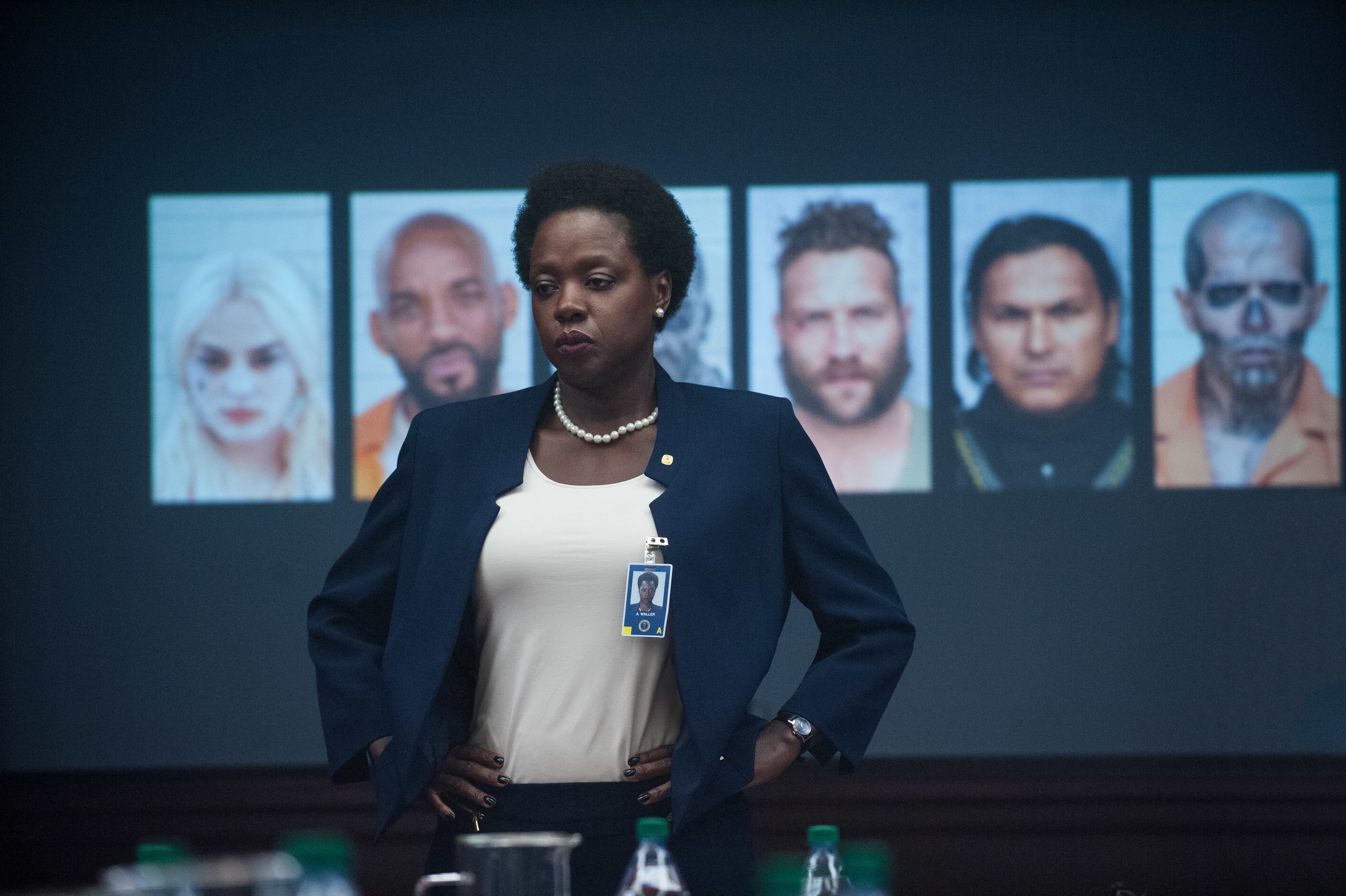Pop Culture Happy Hour No. 307: Jason Bourne and Suicide Squad
Chris Klimek
Beloved Pop Culture Happy Hour host Linda Holmes is at the Television Critics Association gathering in Los Angeles this week, so Tanya Ballard Brown and I joined regular panelists Stephen Thompson and Glen Weldon for an uncharacteristically reserved episode. By which I mean, neither of the big summer movies we autopsied, Jason Bourne and Suicide Squad, is very good, though the latter is much worse. I had hopes for both of them, because I admire their directors, Paul Greengrass and David Ayer, very much, and I've tended to like their work. You know what late-summer release was not a big letdown? Star Trek Beyond. I endorse it.
I wrote in my review of Jason Bourne that one area this series might've gone were it more daring would be to allow us to sympathize with the C.I.A. Give us a threat dire enough that we're relieved the Agency has a squad of brainwashed Black Ops Terminators standing by to handle it it without starting a war. I've mentioned on Pop Culture Happy Hour before how some of the best sequels have dared to invert the premise of their precursor. It's too bad Jason Bourne does not.
When I got interested, entry-level comics cost $0.75 and superhero movies cost $30 million if they got made at all.
Glen wraps up the just-me-and-him Suicide Squad discussion with a bold theory about how we as a culture have gone full anithero because we lack the fortitude to embrace heroes. You may already know Glen published a book about Superman in 2013 and then followed that up this year with an even better book about Batman, so he's been mulling this subject for a good long while.
I don't disagree with him, but I think that Suicide Squad fails for a different reason: It's not the movie's reflexive nihilism that's the problem, but rather It's unwillingness to commit to its antihero stance. This supposed team of superbads never does anything that makes it difficult for us to like them.
Will Smith is "a serial killer who takes credit cards," but it's strongly implied the people he's hired to kill are all killers themselves. The movie gives him an adorable moppet of a kid who remains devoted to her incarcerated father, and it goes out of its way to show these criminals being abused by cruel prison guards, so our sympathy is with them when it's with anyone. (Jay Hernandez's flame-spewing El Diablo confesses to having murdered his wife and children, but even that alarming disclosure does not strain our loyalties, because it's the only thing we know about him.) Ayer is even bizarrely reluctant to sacrifice its supposedly expendable cast of D-listers (though not the squad of U.S. Army Special Forces officers that accompany them, negating the whole plausible-deniability rationale for the team's existence). The John Ostrander-penned Suicide Squad comic of the late 80s never was.
Walter White from Breaking Bad is an antihero. Tony Soprano is an antihero. Hannibal "The Cannibal" Lecter is an antihero. This Suicide Squad is just the Avengers again, only they live in a swamp prison instead of a swank Manhattan skyscraper. You'd be a little surly, too, if your crib got a downgrade that drastic. Ayer, the man who wrote Training Day, surely understands this. But he made this movie wearing a $175 million-plus pair of handcuffs.



